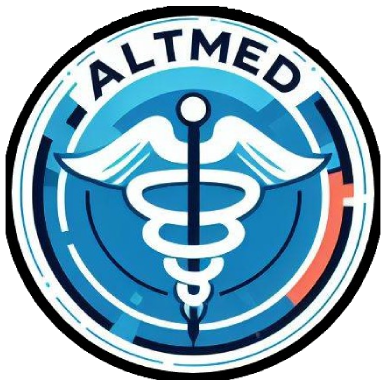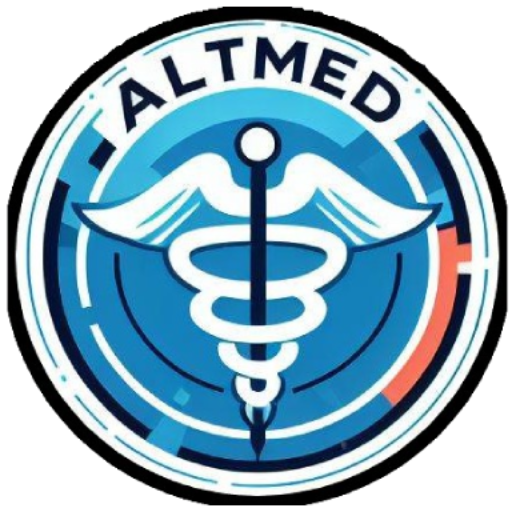Introduction:
The 2021 study by Aykac and Kalkan, published in Global Medical Genetics, explores epigenetic mechanisms underpinning PTSD. Using rat models, the authors examine how stress-induced changes in gene expression affect brain function and behavior. These findings advance our understanding of PTSD’s biological underpinnings and suggest potential targets for therapeutic intervention.
Key Points for Providers:
- Epigenetic Mechanisms in PTSD:
- The study highlights trauma-induced alterations in DNA methylation and histone modifications in rat models.
- Specific genes related to the hypothalamic-pituitary-adrenal (HPA) axis were shown to be dysregulated, supporting the hypothesis that PTSD involves stress-related epigenetic reprogramming.
- Utility of Rat Models:
- Rat models allow controlled exploration of trauma’s impact on neurogenetic pathways.
- The study’s focus on stress paradigms and molecular outcomes provides a translational framework for human PTSD research.
- Therapeutic Implications:
- Epigenetic findings suggest potential for interventions like histone deacetylase (HDAC) inhibitors or DNA methylation modulators to reverse trauma-induced changes.
- Future therapies could involve personalized approaches targeting these epigenetic alterations.
- Challenges and Future Directions:
- Bridging findings from animal models to human clinical applications remains a challenge.
- Longitudinal studies are needed to understand how early epigenetic changes predict PTSD development and treatment outcomes.
The VitalPoint for Providers:
Aykac and Kalkan’s work underscores the importance of epigenetics in PTSD research. By identifying specific gene-environment interactions, this study contributes to the development of targeted treatments aimed at mitigating the neurobiological effects of trauma. Clinicians should anticipate future therapies derived from these insights, particularly in the realm of personalized medicine.
Further Reading:
- Aykac A, Kalkan R. Epigenetic Approach to PTSD: In the Aspects of Rat Models. Glob Med Genet. 2021 Nov 11;9(1):7-13. doi: 10.1055/s-0041-1736633. PMID: 35169777; PMCID: PMC8837403.
- https://pmc.ncbi.nlm.nih.gov/articles/PMC8837403/

